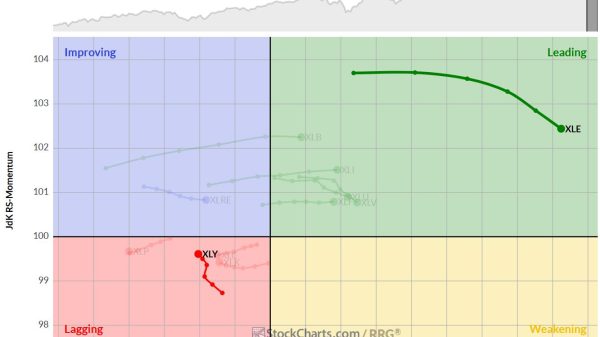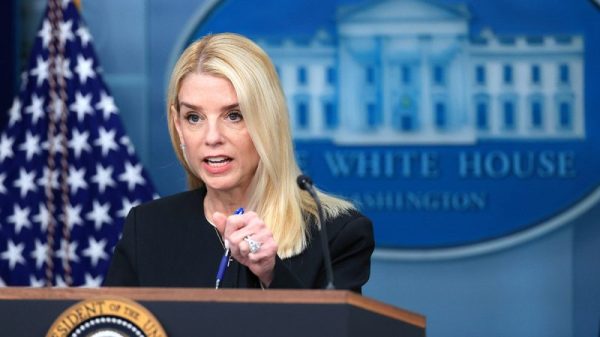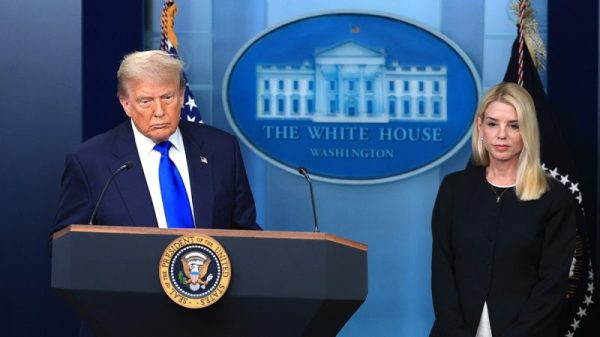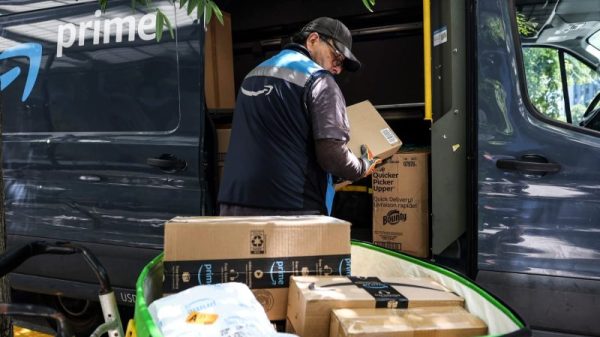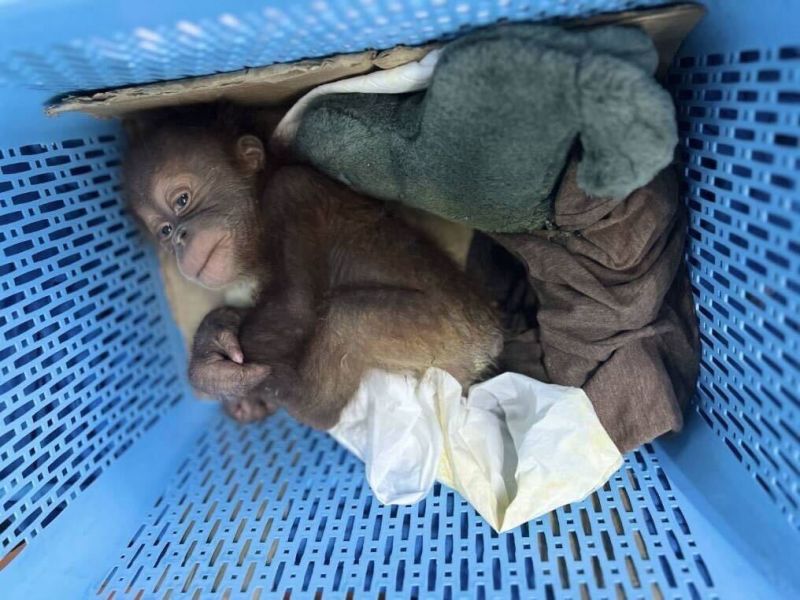Police in Thailand have arrested a man on suspicion of wildlife trafficking after he was found with two baby orangutans in a basket at a gas station in the Thai capital.
The 47-year-old suspect was apprehended Wednesday as he was about to deliver the two primates to a customer, Thai police said in a statement on Thursday.
Officers discovered the orangutans – one about 1-year-old and the other 1 month-old – in plastic baskets, police said.
Images released by authorities showed one of the orangutans in a plastic basket, wearing a diaper and hugging a soft toy alongside feeding bottles.
The man was arrested on charges of “illegally possessing protected wildlife” under Thai law and could face up to four years in prison, police said.
The man had admitted he was delivering the animals, “but he didn’t say where he got the babies from,” Kasidach said.
Police said they had uncovered an illegal wildlife trade network and were working to find out whether the orangutans had been bred in Thailand or abroad, he added.
The operation was carried out in collaboration with the US Fish and Wildlife Service, the Wildlife Justice Commission in the Netherlands, and the United Nations Office on Drugs and Crime, the police statement said.
The department said that Stefan, the 1-month-old, is in an incubator because of weak health and Christopher, the 1-year-old, has been relocated to a sanctuary run by the agency.
Authorities said the orangutans are believed to have been sold for around 300,000 Thai baht ($9,050).
Orangutans are native to Sumatra and Borneo, two Southeast Asian islands that are home to some of the world’s most diverse rainforests, and have come under threat as a result of deforestation, habitat destruction and poaching.
They are listed as “critically endangered” under the International Union for Conservation of Nature (IUCN) Red List of Threatened Species, which assesses extinction risks.
The gentle apes, once found in greater numbers across Southeast Asia, have experienced sharp population declines, according to the World Wide Fund for Nature (WWF).
Thailand has long been a hub for the illegal wildlife trade.
Its border area with Myanmar, Laos, and China – known as the Golden Triangle – is a hotspot of cross-border trafficking, illegal wildlife trade and consumption, according to WWF.







